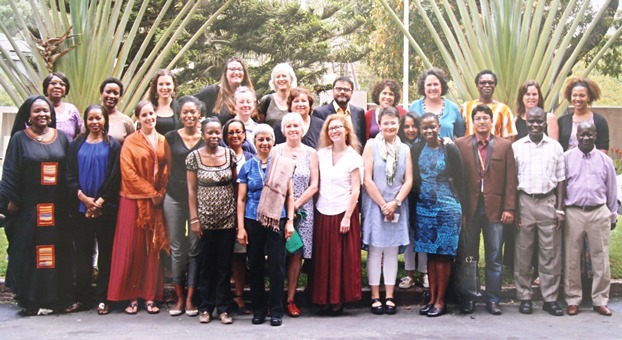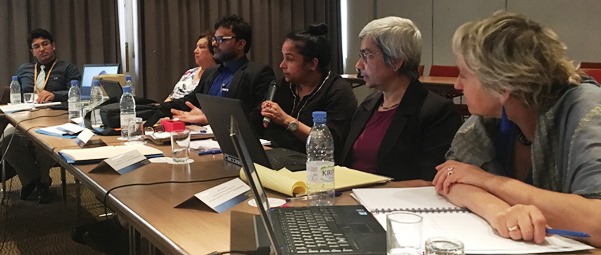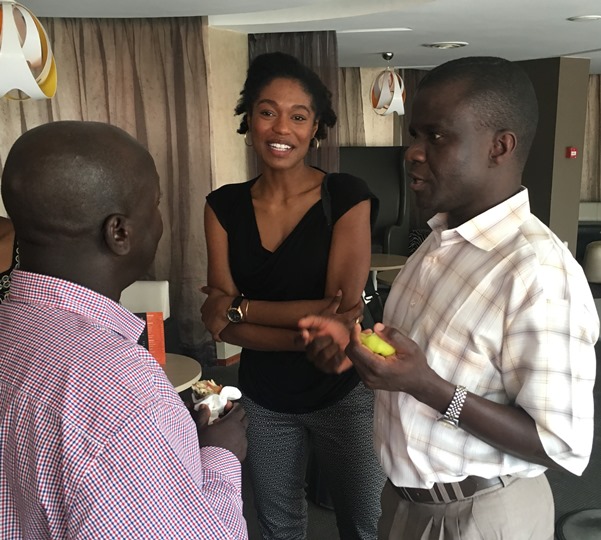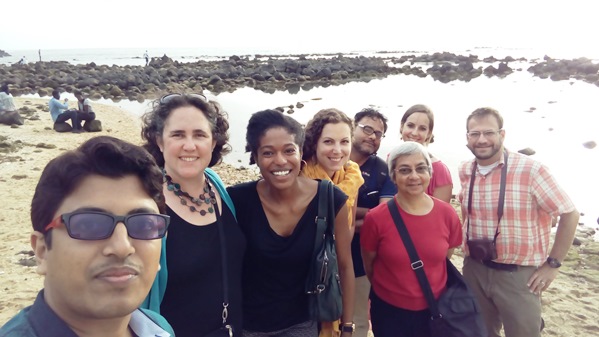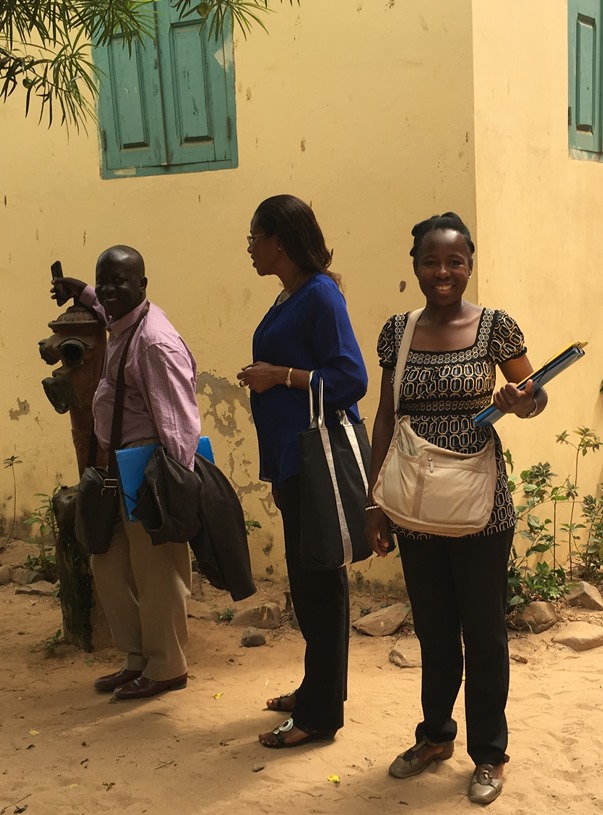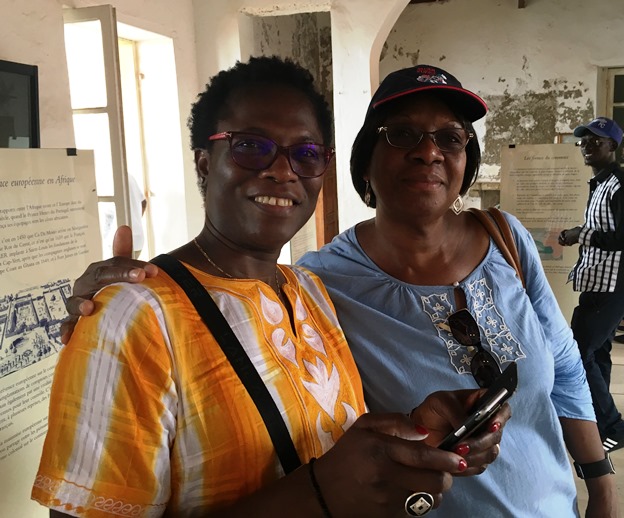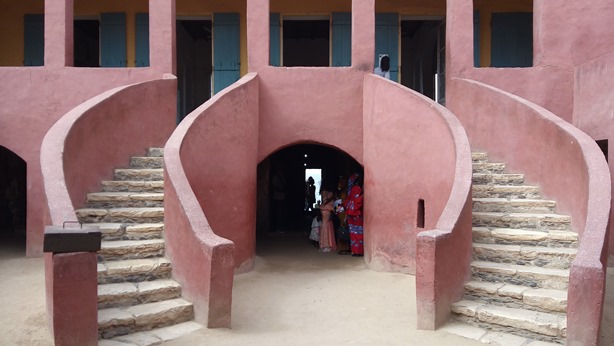IUSSP Seminar on Medication Abortion: Availability and use, and impact on abortion safety and women’s healthDakar, Senegal, 6-8 July 2016 Organized by the IUSSP Scientific Panel on Abortion Research and the Population Council-Dakar Office. Chair: Susheela Singh; Panel members: Harriet Birungi, Agnes Guillaume, Ndola Prata and Sabina Rashid. The seminar was organized with technical and financial support from STEP UP (Strengthening Evidence for Programming on Unintended Pregnancy) Research Consortium, funded by UK aid from the UK Government, as well as financial support from: Netherlands Ministry of Foreign Affairs, Bixby Center for Population Health and Sustainability, University of California, Berkeley; and Centre Population et Développement (CEPED, France).
The seminar brought together 29 participants from all regions of the world and included both senior and junior scholars, including a few at the pre-doctoral stage. The meeting provided an opportunity for researchers to present results from on-going studies on the use of medication abortion for termination of pregnancy in a range of legal contexts. Because of the difficulty in conducting research on abortion—especially in contexts where the procedure is highly legally restricted, but also an important constraint in all legal contexts because of the high level of stigma that generally surrounds the behavior—the opportunity to discuss and critique research designs and methods was especially valuable for participants. The 14 papers that were presented at the seminar addressed use of misoprostol alone (less effective but available in many legally restrictive settings) as well as use of the combined medication abortion method (mifepristone combined with misoprostol, highly effective and available only where abortion is permitted under broad criteria). In addition, there were two panel sessions, one focused on priority research questions in this area and the other on promising methodological approaches for research in this area.
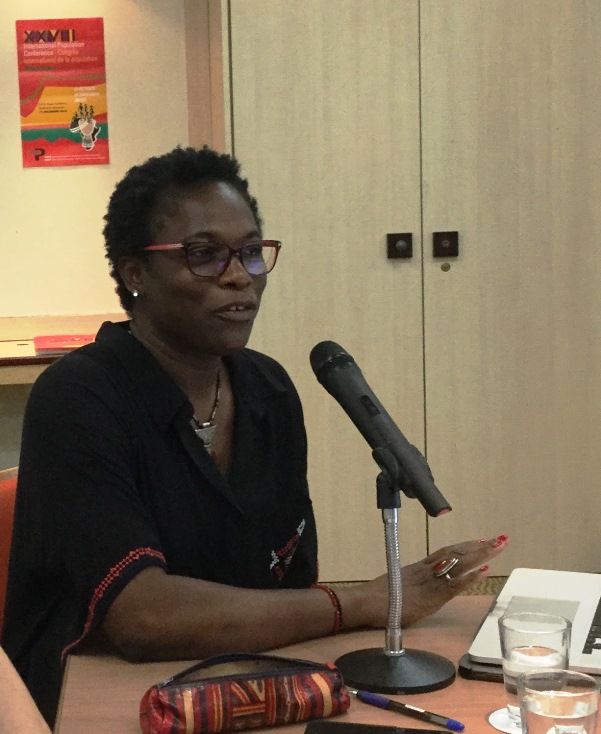 A few of the papers focused on use of misoprostol alone, the MA method typically available in contexts where abortion is highly legally restricted. These papers addressed the institutional barriers that may arise in such settings and the complicated processes that must be followed in some countries for the drug to be made available; they also discussed poor quality of the information about how to use the method among both women and healthcare professionals, with the consequence that poor use of the method results in frequent complications.
More than half of the papers focused on contexts where abortion is available under broad criteria (India, Mexico City and Zambia) or where despite a very restrictive law, it is available under unique circumstances (as Menstrual Regulation procedures in Bangladesh). These papers covered use of the combination method (misoprostol and mifepristone). This group of studies reported on interventions to improve access and effectiveness of use (for example through a call center or hotline is a harm reduction approach in Bangladesh); and a few papers assessed safety and effectiveness through pharmacy-based distribution of the method. One paper reviewed transitions in a longer-term public sector program in Mexico City, and another paper analyzed large-scale data on women obtaining abortions in facilities in nine states of India to better understand differences in service provision between the public and private sectors as well as to understand the characteristics of women obtaining different types of procedures. One presentation discussed possible new research designs and methods for measuring use of misoprostol/medication abortion, in order to improve measurement of abortion incidence in legally restrictive settings.
Publication Plan: Participants have been encouraged to submit their papers to a call for papers for a journal supplement focused on medication abortion. In addition, panel members are pursuing the possibility of having one or two commentaries written based on the panel discussions on priority priorities for research on medication abortion and promising study designs and methods for undertaking research in this area.
© Photos above were taken by Mary Ellen Zuppan, Hassan Mahmood and Nafissatou Diop.
|


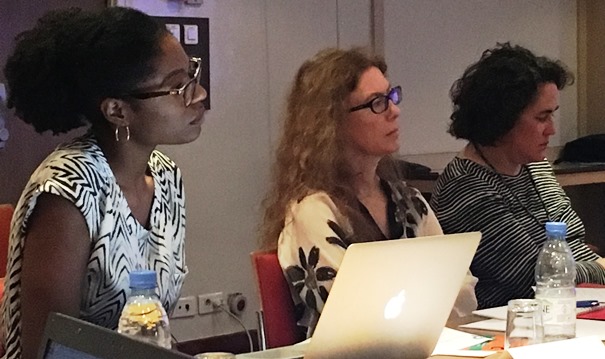
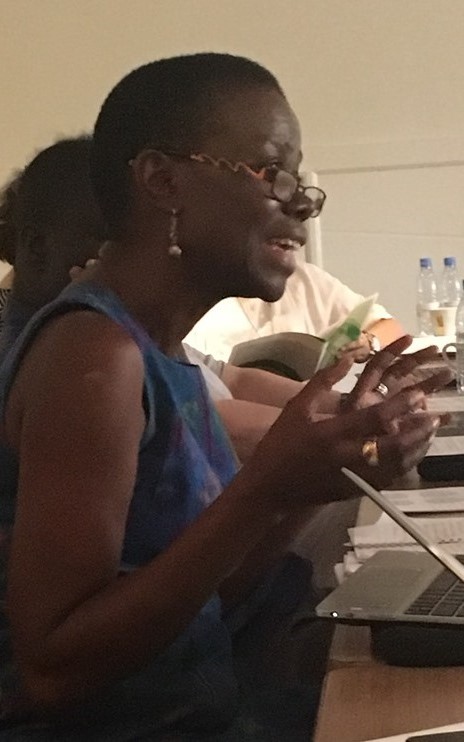 One paper evaluated the outcomes of a community-based intervention that provided migrant and refugee Burmese women living in Thailand close to the border with information and access to a misoprostol-alone regimen for pregnancy termination through nine weeks’ gestation. Another paper assessed an intervention with private sector providers and found improvement in availability of the method, as well as improvement in knowledge and practices of these providers; however, remaining challenges include inadequate knowledge of correct MA regimen especially among pharmacy workers, and unexpectedly, the quality of medical care declined over time, especially in regard to family planning services.
One paper evaluated the outcomes of a community-based intervention that provided migrant and refugee Burmese women living in Thailand close to the border with information and access to a misoprostol-alone regimen for pregnancy termination through nine weeks’ gestation. Another paper assessed an intervention with private sector providers and found improvement in availability of the method, as well as improvement in knowledge and practices of these providers; however, remaining challenges include inadequate knowledge of correct MA regimen especially among pharmacy workers, and unexpectedly, the quality of medical care declined over time, especially in regard to family planning services.